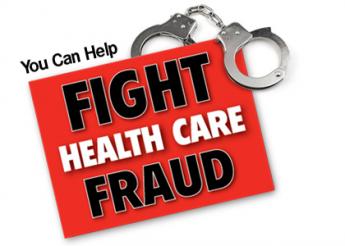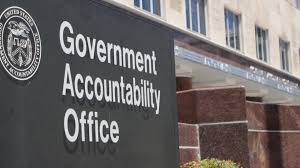Related Topics
Medicare: Begins, Not Ends, Reform
The elderly consume a disproportionate share of total health expense. That soon forces Medicare, the "Third Rail of Politics", to get first attention in any lifetime health plan -- even Lifelong Health Savings Accounts, our central proposal.
Right Angle Club 2017
Dick Palmer and Bill Dorsey died this year. We will miss them.
Fraud and Abuse in Medicare and Other Government Programs

|
| Fraud and Abuse |
Fraud and Abuse is a common debater's ploy to avoid serious reform in government programs. Just eliminate that cost which everyone would deplore, and some pesky reform proposal won't be necessary, is the implication. Usually, everyone acknowledges this unanswerable way of playing on anti-government voter sentiment, because taxes are just the cost of self-government. Other governments may be crooked, but Americans can be trusted, and so forth. So it becomes useful to have some reasonably accurate estimate of just how serious this issue really is. To make short work of it, this is really a serious issue.

|
| U.S. Government Accountability Office (GAO) |
The U.S. Government Accountability Office (GAO) had been keeping data on itself for some time, and now reduces it to a simple graph. Fraud is twice as bad as it was eight years ago, and that figure was twice as bad as thirteen years ago. We seem to be talking about 100 billion dollars a year, hardly small change or a thing of the past. Medicare paid out about 600 billion dollars in 2016, and Medicaid another 360 billion; the fiscal 2017 amount will surely total over $1 trillion. Using GAO figures, 100 billion dollars were spent on government health claims "that were not delivered, were unnecessary or were otherwise erroneous". Since Medicare is only half of the total medical care billed by essentially the same approach, why would anyone assume a single payer system would save money? Remember, none of these estimates includes anything at all to run the program itself, so it is entirely reasonable to suppose a single-payer system could cost 15% of $2 trillion, or $300 billion dollars per year just to transfer the money. Expenses of that sort approach $1000 per year for every man, woman, and child, whether he gets sick or not, in order to shift $9000, mostly to other people. Such drastic proposals justify an examination of wholly different approaches.
.
Originally published: Saturday, June 24, 2017; most-recently modified: Monday, May 20, 2019